Rwanda
Authorities in Rwanda on Monday rejected U.S. calls for the withdrawal of troops and missile systems from eastern Congo, saying they are defending Rwandan territory as Congo carries out a "dramatic military build-up” near the border.
Rwanda's Foreign Ministry in a statement spoke of threats to Rwandan national security stemming from the presence in Congo of an armed group whose members include alleged perpetrators of the 1994 genocide.
The rebel group, known by its initials FDLR, “is fully integrated into" the Congolese army, the statement said.
Although Rwanda has long cited a threat posed by FLDR, authorities there had never admitted to a military presence in eastern Congo, whose authorities accuse the tiny central African country of actively supporting the violent armed group known as M23.
The U.S. State Department in a statement Saturday criticized the worsening violence caused by M23, describing it as a “Rwanda-backed” armed group. That statement also urged Rwanda “to immediately withdraw all Rwanda Defense Force personnel from the (Congo) and remove its surface-to-air missile systems."
The U.S. statement represented “an abrupt shift in policy, or simply a lack of internal coordination,” causing Rwanda to "question the ability of the United States to serve as a credible mediator” in Africa's Great Lakes region, the Rwandan Foreign Ministry said.
U.N. experts previously said they had “solid evidence” that members of Rwanda’s armed forces were conducting operations there in support of M23.
M23’s rebellion has caused the displacement of hundreds of thousands of people in Congo’s North Kivu’s province in recent years.
Fighting near Goma, the region's largest city, has intensified in recent days as the rebels threatened to take over the metropolis. Residents of the nearby town of Sake have been fleeing fierce fighting between Congolese government troops and the group.
Many M23 fighters, including Congolese Tutsis, were once members of Congo’s army. M23 is one of more than 100 armed groups active in eastern Congo, seeking a share of the region’s gold and other resources as they carry out mass killings.
The rebel group rose to prominence just over a decade ago when its fighters seized Goma, which borders Rwanda. It derives its name from a March 23, 2009, peace deal it accuses the Congo government of not implementing. After being largely dormant for a decade, M23 resurfaced in late 2021 and has since captured wide parts of eastern Congo.



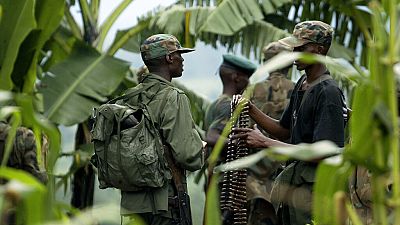

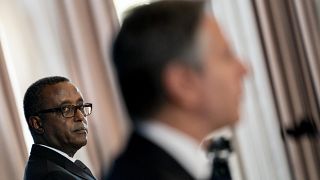
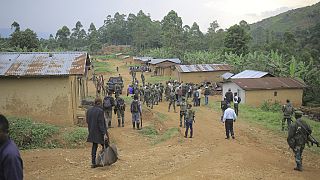
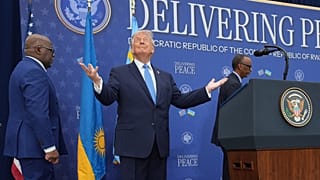
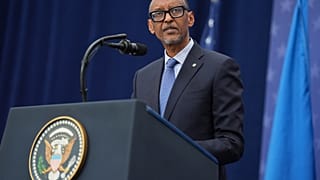
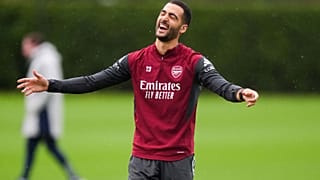
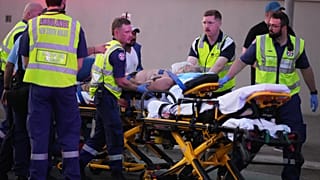
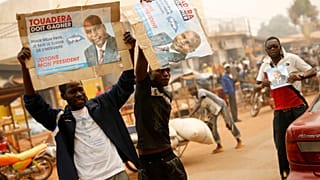
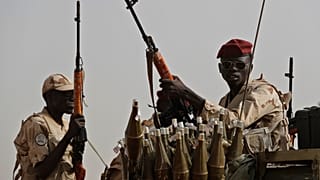
01:30
M23 rebels take control of strategic Congo town as peace deal crumbles
01:48
United States: Vermont school district receives threats after putting up Somali flag
01:05
Bank of France hit with legal complaint over alleged role in Rwanda genocide
00:58
M23 rebels claim control of Uvira in eastern Congo
01:15
M23 rebels seize key town in Eastern DRC as civilians flee
01:00
Pix of the Day: December 5, 2025